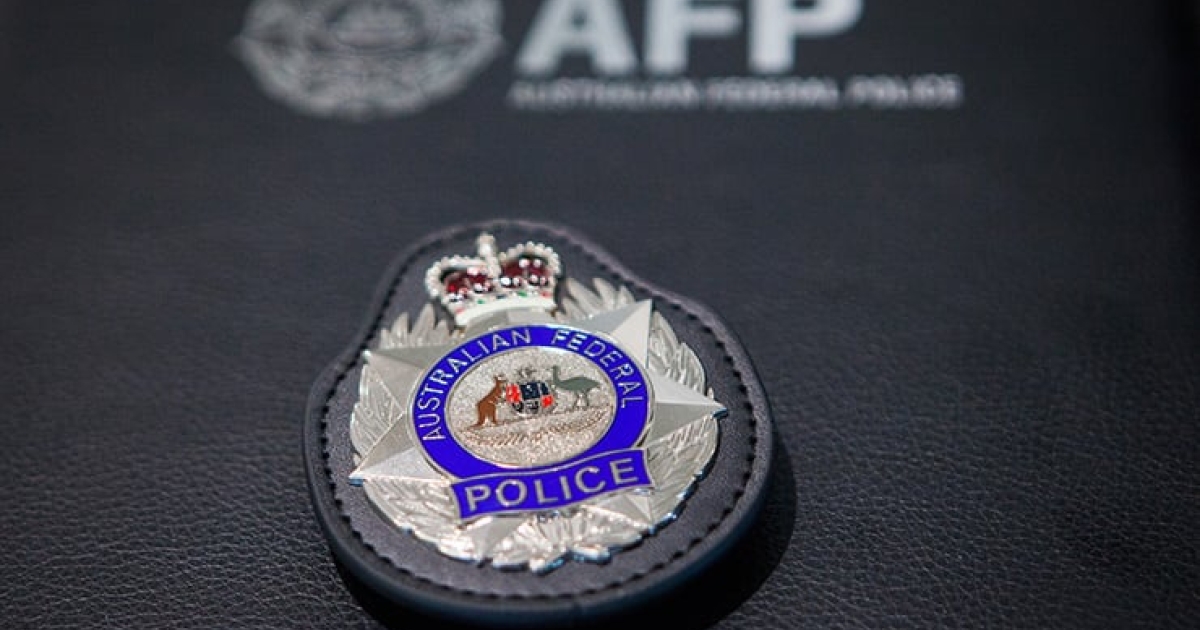Know the drowning risks of swimming in cold water.
Royal Life Saving calls for Australians to stay safe this winter
Cold water increases the risk of drowning, can cause hypothermia, and can impact even the most capable swimmers.
As the long weekend approaches in many parts of the country, Royal Life Saving reminds all Australians to beware of the risks of swimming or falling into cold water (°C) and hypothermia by taking some simple precautions to stay safe.
Royal Life Saving CEO, Justin Scarr, says “Cold water shock causes uncontrollable breathing and increases the work of the heart, which can lead to hypothermia and drowning. Swimming and activities in cold water without appropriate safety equipment and sudden falls into cold water can be fatal.
“We know everyone is keen to get out and have fun over the long weekend, as COVID-19 restrictions ease. But we ask that all Australians put safety first – check the weather and water conditions before you venture out, know your limits, wear a lifejacket, avoid alcohol and go with a friend.”
Alcohol increases the chance of getting hypothermia. In cold situations, the body’s automatic response is to draw blood away from the limbs to the vital organs to prevent heat loss. Alcohol, however, prevents this normal defence mechanism and therefore increases the chance of hypothermia developing.
Mr Scarr adds “Royal Life Saving research also shows that the risk of drowning is higher on a public holiday than any other time, as more people travel to unfamiliar environments. So it is really important that people familiarise themselves with the local environment, and are aware of the hazards and take heed of warning signs.”







